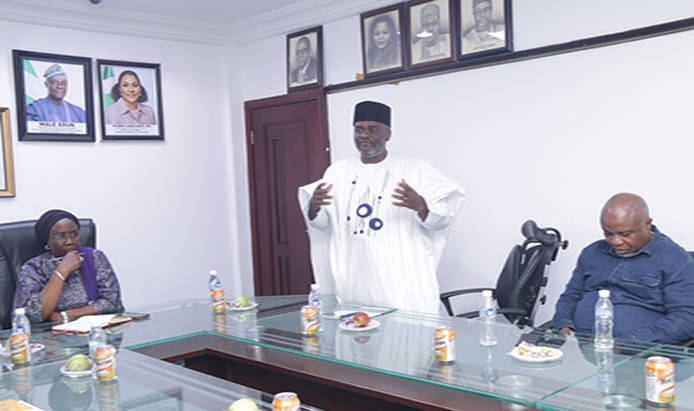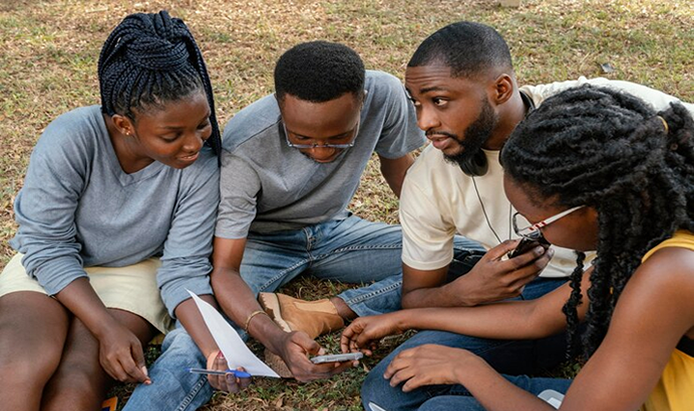
Nov 17, 2024
By, Elizabeth Iana
Education as the Cornerstone for Sustainability and Future-readiness
Introduction
In today's rapidly changing world, education is the foundation upon which enduring legacies and a harmonious future through personal success, global unity and societal progress is built. It is the key to unlocking opportunities, generating employment and building a prosperous community. As the global community grapples with pressing challenges such as climate change, resource depletion and social inequities, the role of education in preparing individuals and societies to navigate these complexities is more crucial. In the words of Carl Rogers "The only person who is educated is the one who has learned how to learn and change." This quote encapsulates the transformative power of education, not only as a tool for personal advancement but as a vital component for creating legacies and fostering a united world.
Education in Building a Sustainable Future
Sustainability ensures that present and future generations can thrive on a stable planet. Education is the key to instilling sustainability principles from an early age. By integrating environmental science, ethics, and sustainability practices into curriculums, educators can cultivate a generation that values and actively participates in preserving our planet. These programs teach students about the interconnectedness of ecological, social, and economic systems, which is crucial for developing solutions that balance human needs with environmental stewardship. Students engaged in sustainability education are more likely to become leaders in renewable energy, conservation, and sustainable agriculture, driving progress toward a sustainable future.
Preparing for Future Challenges
Education equips individuals with critical thinking, problem-solving, teamwork, digital literacy, and adaptive skills needed to face uncertainties from technological advancements to global health crises. As the job market evolves with advancements in artificial intelligence and automation, individuals proficient in technology and analytical skills will be better positioned to succeed. By promoting continuous learning and curiosity, educational systems prepare us to be flexible and innovative in the face of change.Education also promotes social resilience. By teaching global citizenship and cultural competence, education helps build cohesive communities that can address common challenges. This unity and shared purpose are essential for tackling global issues such as pandemics and economic disruptions.
The Role of Educational Institutions
Educational institutions drive sustainability and future-readiness. Schools, colleges, and universities must incorporate sustainability into their operations and curricula through campus sustainability programs, research in green technologies, and partnerships with local communities to promote sustainable practices. This empowers teachers to inspire and guide their students toward making a positive impact on the world. Educators must also be equipped with the knowledge and resources to teach these critical subjects effectively.
Conclusion
The transformative power of education is undeniable, as it reshapes individuals, strengthens communities and propels national and global progress. By embedding the principles of sustainability and future-readiness into educational systems, we can cultivate generations of informed, responsible and innovative individuals; whoare equipped to lead the way in creating a sustainable and equitable world, ensuring that our legacies are ones of positive impact and progress. As we invest in education today, we are laying the foundation for a resilient and thriving tomorrow.







